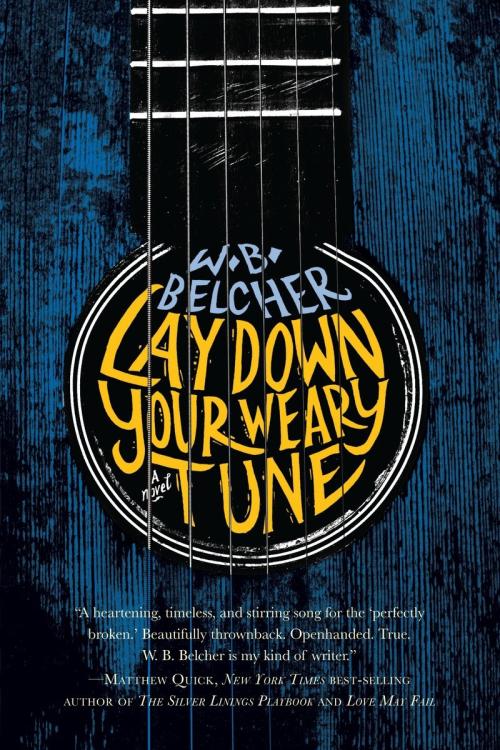It’s been two months, nineteen days, and twenty-one hours since Eli was last seen, walking alongside the road in a wild summer storm. Several witnesses reported that he was stumbling, unfazed by the headlights, detached from all earthly endeavors.
The river went over its banks that night. The town flooded, as it’s prone to do when the heavens break open. After the water receded, the village put aside its differences and worked with a common purpose: find the lost man. We employed bloodhounds to catch his scent, sifted through every inch of the Battenkill from Galesville to Easton, swept the land from the village proper to the fairgrounds. Found nothing. No sign of him. The national media grew restless. With their awkward satellite trucks, they reported on the search while peddling Eli’s legacy, prompted by obituaries written well before Eli Page disappeared. Seven weeks in, attention spans fizzled, the bloodhounds caught a new case, volunteers dwindled, and I was left wondering how it could have ended the way it did.
Time marches on and we all wait for some sort of revelation. We look for miracles in the small things. We look for answers in wool caps and leather satchels, but answers are hard to come by these days.
So here I am, slumped over the harvest table in the center of Eli’s farmhouse, a house that has been a port in the most frustrating and beautiful storm of my life, and I’m determined to write it all down, to contribute in some small way to our collective understanding of Eli Page and maybe, just maybe, provide a note of truth to a composition famously built on lies.

